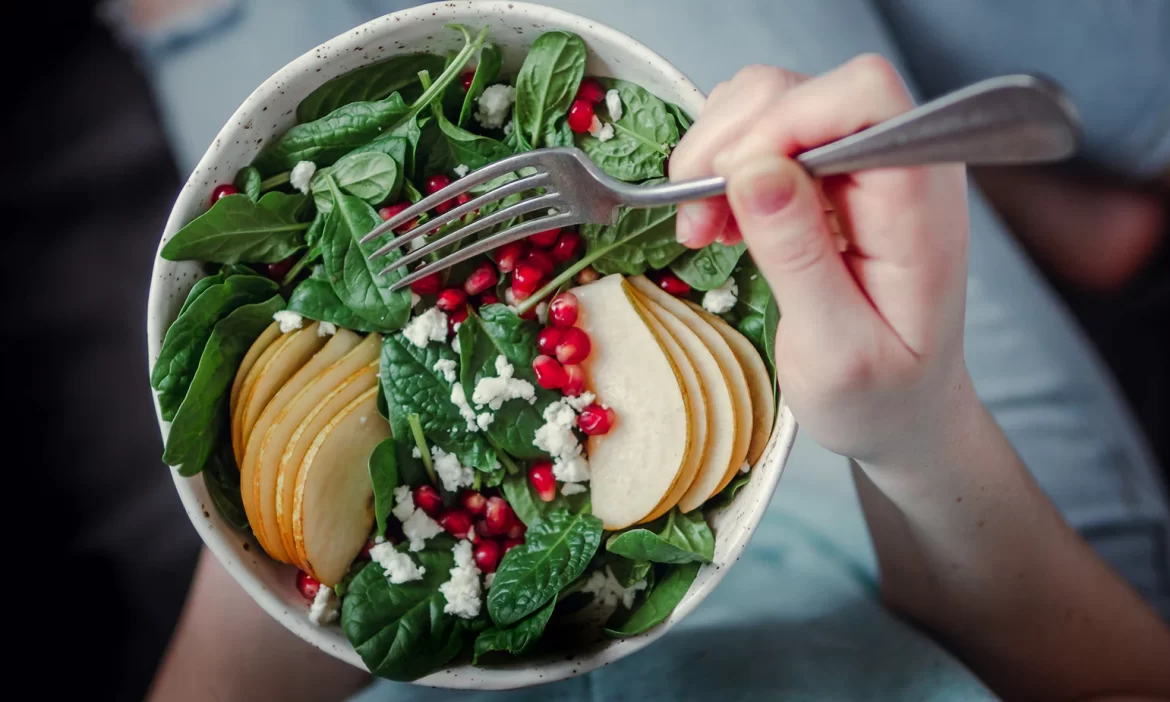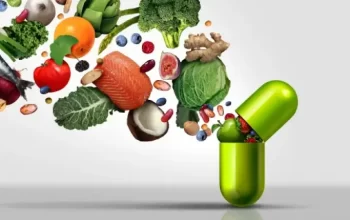There are a few things to keep in mind when choosing a cancer prevention diet. A plant-based diet is a healthier option than one high in refined grains. In fact, studies have found that whole grains are associated with a lower risk of colon, prostate, and breast cancer. A plant-based diet also includes lots of fruits, vegetables, and whole-grain cereals. So, while you’re planning a new dinner menu, follow Mom’s advice and avoid red meat.
Research shows that eating more fruits and vegetables lowers the risk of cancer by 78 percent. It’s still unclear what causes the rest of the difference, but it is generally considered to be a significant factor. Fruits and vegetables are important for your health because they contain high levels of fiber, which has been linked to a lower risk of cancer. And while fruit and vegetable consumption are essential for a healthy diet, the intake of processed meat and refined sugars can be detrimental to your health.
In addition to cancer-fighting properties, some popular cancer diets have pseudoscientific rationales. While these diets are often helpful for the treatment of cancer, they can cause nutrient deficiencies and eliminate foods from the patient’s diet. This is why dietary guidelines must be based on research, not pseudo-science. It is important for cancer patients to seek nutritional counseling to ensure their dietary choices are in line with the guidelines.
Studies can’t factor in the effect of what you don’t eat, but they can’t rule out the role of food in cancer prevention. By replacing red meat with higher-fiber foods, you can lower the risk of colon cancer. If you are concerned about eating too many red meat, try substituting it with higher-fiber plant foods such as beans, broccoli, and whole fruit. If you can’t find a way to substitute red meat, consider incorporating more fiber-rich foods.
Soyfoods are also important for a cancer prevention diet. These foods are traditionally part of the Far Eastern diet, but are now consumed in smaller amounts in Western countries. However, studies have shown that soy intake is associated with a lower risk of hormone-dependent cancers. Soyfoods may be consumed in a variety of forms, but nonfermented soyfoods are the best choice. Soy is an excellent source of calcium, which is essential for proper bone growth.
Processed meat is also a common cancer risk factor. Processed meat includes sausage, hotdogs, pepperoni, salami, and bacon. Research has shown that eating more than two ounces of these types of meat a day can increase your risk of colorectal cancer by 20 percent. It may also contain nitrate preservatives that cause cancer. Limiting your intake of processed meat is the safest approach. Look for other sources of protein.
Macrobiotic diets are also widely popular. Evidence for their effect is compelling, but further research is needed to determine their effects on survival and etiology. For now, the macrobiotic diet is the best cancer prevention option. But for those who are still skeptical, there are other ways to stay healthy. It can be difficult to stay on a macrobiotic diet and avoid certain foods. However, macrobiotic diet is a great alternative to conventional cancer prevention and can have many health benefits.









